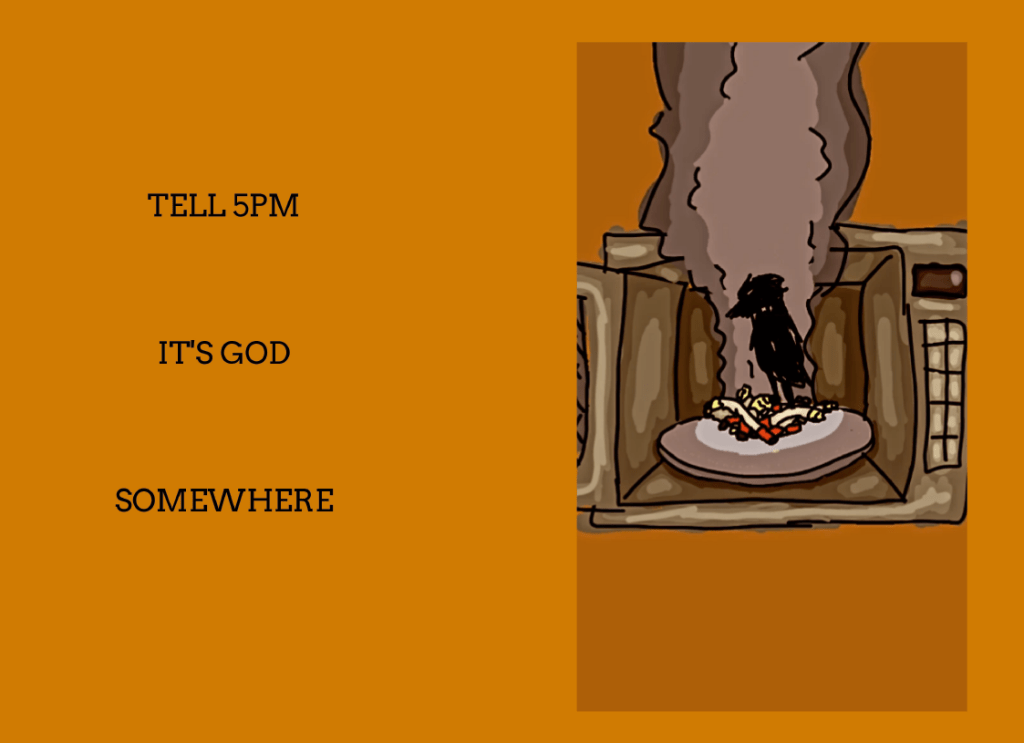I have all the words that have gone missing to say that I am thankful for being in the August 2021 run of Poem-A-Day at poets.org as guest edited by Kazim Ali
Read the poem here
about the poem:
“I can't speak for all fathers, but my own fathering is littered with necessary and fake finalities. As such, I wrote this poem by hand on a small piece of paper while worrying about the long and short lives of my children. In the spacing of the poem, I tried to honor the little room I'd given myself for its projected concerns.”
a fire the size
of an egg
or an angel's
mouth
begins
in god
as set
by a mirror
reasonably
erasing
its insides
An arsonist's muted lightning. A crow without warning. An egg full of paint. All of my obsessions in one silent place. Spell mother: the mirror predicts my double's future. Each kid dies differently.
I can’t think I’ll know you from seeing you in a room. My eyes eat their own longing. Touch has starved every spider my hand’s become. Cain, Abel, cannibal. Ohio I tilt the blood balloon of my hearing over a swooning raccoon. Hop into my brother. Not when I’m dying.
Jesus wakes up with a stomachache and all his guy friends laugh. Birth has three dreams about a door. I was so small as an infant I had to wear doll clothes. The size of your child changes bombs.
A deer eats three cigarettes and god has to deal with that erection.
This poem will mention god because I caught fish with people who are dead now.
I am naked in front of pictures that tell me boredom has many rooms.
My mother and my father are singing in a church that can’t sing.
I like to think of Jesus asleep on a crucifix in a missing wasp nest.
I like to think that because it puts that dude to sleep.
Circles from a childhood gun on my toy forehead…
You can’t drink on the moon.
Our eating hangs in the house of god.
Can touch
touch itself
to sleep?
No dog
is sick
in a dying
mirror. I age but fail
to pass
my son.
i.
left a hole
in a star
went back
to get it
a stiff
baby
was handed
to my mother
ii.
a dollhouse
you can go
online
to bomb
the dog
in its yard
too ashamed
to dig
I wanted to be a woman who owned only a swimsuit
Stones
eat
for so long
nothing
I had not become frostbitten in the correct way. The invisible were there to draw blanks on the legality of touch. Eden was to be a rehab for gods. Adam hallucinated that snake and Eve was just being nice. Suicide is the only dying that can change the past.
Dog won’t eat. Angel grows in a tree an arm you’d die to see. Goes death to sing to its one perfect ear. A spider dreams god from the mirror. Deliver my butcher’s baby.

